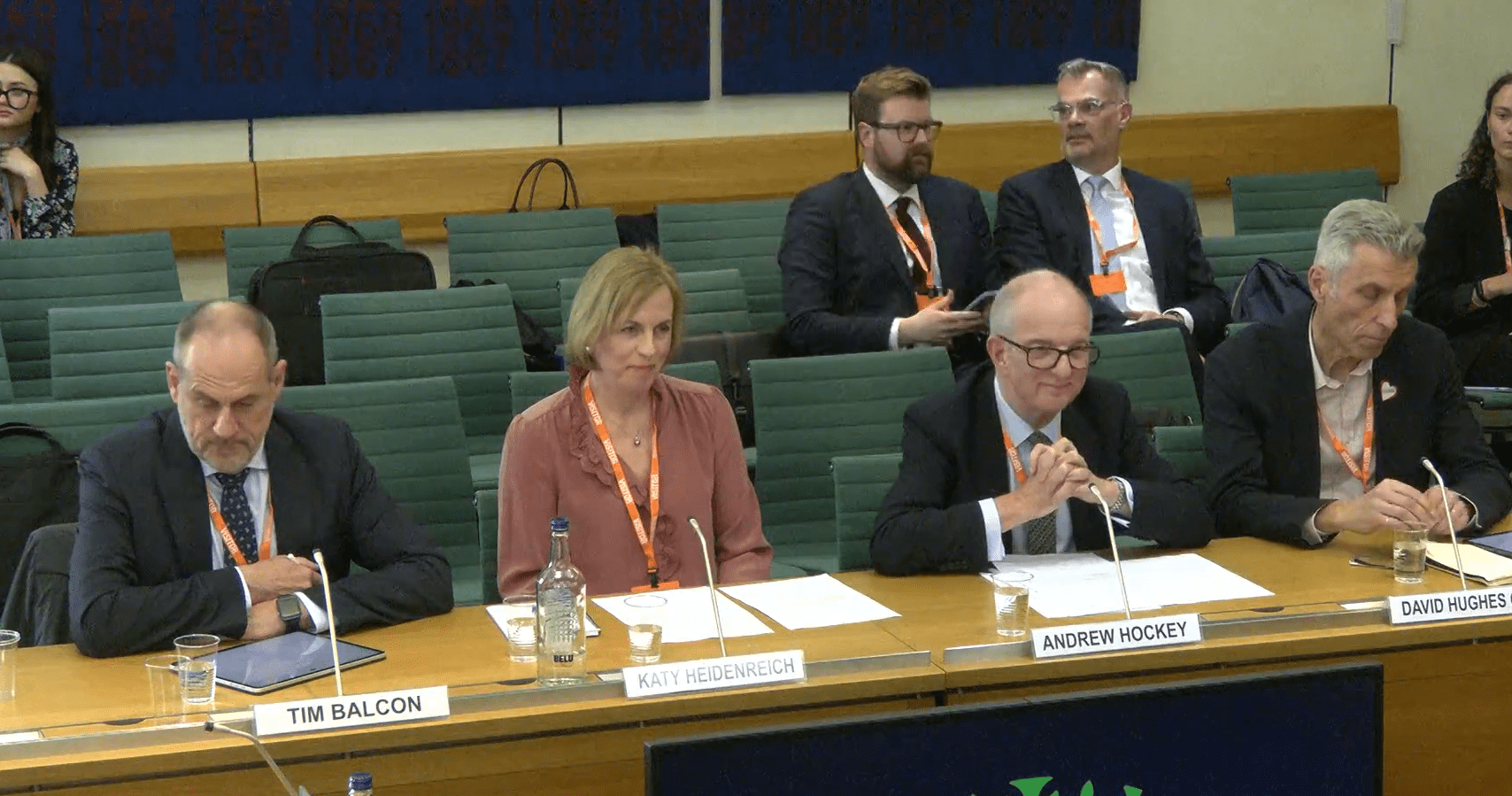
ECITB publishes a new strategy to help steer engineering construction companies through a critical time for the industry.
The new ECITB strategy identifies the need to replace an ageing workforce, growing competition for skills from other sectors and technological change as critical challenges for the engineering construction industry. Over the next decade, £600bn of infrastructure projects across the UK will be built, creating huge demand for skilled employees and high-quality training across the industry.
The ECITB, which is funded by a levy on industry and supports training and qualifications through a system of grants, has spent the past six months listening to employers on what the ECITB needs to do to tackle emerging skills challenges.
The new ECITB strategy pledges to meet the industry’s current skills needs, committing 70% of grant expenditure to support current training requirements. In addition, it will invest up to 30% of funding to ensure industry has the skills it needs for tomorrow, including by investing in technology and training innovation and improving diversity across the industry workforce.

Lynda Armstrong OBE
ECITB Chair
Lynda Armstrong, Chair of the ECITB, said: “The engineering construction industry is at a critical juncture. While profit margins are still tight in many sectors we are seeing signs of recovery. With major new infrastructure projects underway and more scheduled for the future, it is crucial industry has the skilled people it needs.
“Unless we prepare for the future by embracing new technology and recruiting new workers to replace our ageing workforce, the industry on behalf of UK Plc will struggle to deliver these projects safely and efficiently.
“We lowered the levy rates temporarily at the last consultation in 2016, in response to poor industry conditions and the introduction of the Apprenticeship levy. Yet demand for training has remained high and the outlook for industry is showing positive signs. The fall in levy income combined with high demand for training means that we now face a shortfall.
“To support productivity and employer demand for training we will need to restore our levy income back to previous levels. I am confident our proposals will help employers meet their current and future skills needs and look forward to engaging with levy payers over the coming months.”
The ECITB has identified four principal areas industry must address:
- Competition for Skills – employers in the industry face growing competition for skilled employees from other sectors, such as HS2 and Crossrail, and skills shortages resulting from Brexit.
- Industry 4.0 – new data-driven technologies will transform how businesses and their workforces operate, and training must be developed to enable industry to remain competitive.
- Demographic change – by 2026, 14% of the current ECI workforce will have retired meaning industry needs to attract more young and diverse talent.
- Competent workforce – a safe, skilled and productive workforce is essential for the engineering construction industry to deliver projects on time, to budget and according to high safety standards.
The new ECITB strategy 2020 – 2022 is available to download here. The formal consultation with ECITB levy payers on the proposed new rates will take place in the Autumn.





